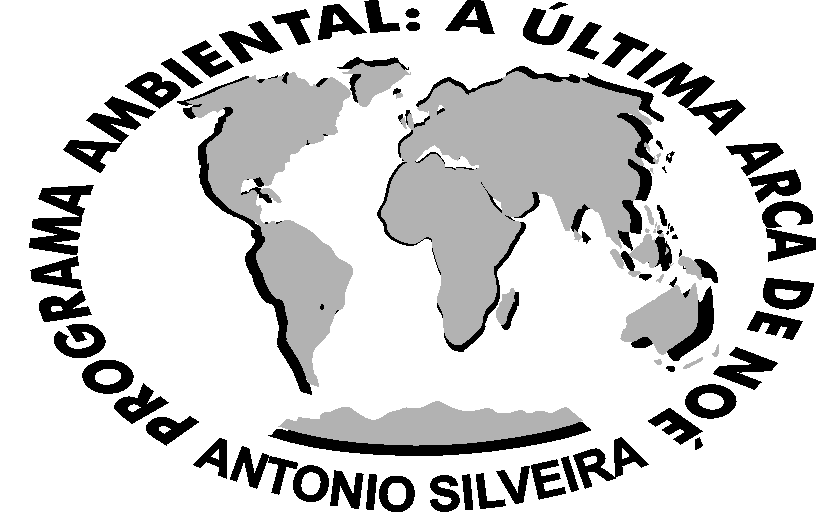

SUSTAINABLE AGRICULTURE
SHARED AGRICULTURE MANAGEMENT
Before the well-known deficiency of the State in managing the Public object, it is necessary its modernization and redefinition and in this process the decentralization, the reduction of the authoritarianism, solidarity and the cooperation are the main objectives to be implanted, but for this it is necessary that civil society is engaged in the process.
By the way, this is already occurring with the sprouting, empowerment and the increasing participation of civil organizations, entities of classes, producers and entrepreneurs, what they are making to appear in the world-wide scene an important directly on sector to the public administration that comes together acting with the government.
It is important also to register that in our Federal Constitution some devices exist that are imposed together to the collective with the Public Power, the protection of values as education, culture and sport (art .205 and 215, §1º), environment (art.225) and still in the planning and execution of the agricultural politics (art.187). In its turn, Chapter 14 of agenda 21, that deals with the Promotion of Sustainable Agriculture and Agricultural Development, recommends the international, national and sectorial cooperation, as well as the creation of groups in the districts and towns for planning, handling and conservation of the agricultural features.
They have observed that in the management of agricultural politics it is already taking place the participation of the organized collective, as much that was recently created the Advice of the Agromanage formed by people from the public sector and the private sector, resulted of the National Forum of Agriculture, where they had participated to representatives of the two sectors shared agriculture management.
By the way, in art.3º, IX, of Law 8,171/91, the objectives of the agricultural politics, the participation accomplish of all the operating paths in the agricultural sector, in the definition of the routes of Brazilian agriculture, as well as in art.45 it stimulates the associations and cooperatives between the agricultural producers.
Therefore, before the deficiency of the State in the management of the public thing and the increasing necessity of redefining its position and form of activity in the agricultural sector, the participation of private sector through classes entities and cooperatives, for example, are really important and must have developed its capacity of intervention in the State.
Just this way that we will obtain the reformulation of the Public management in whom it refers to the agricultural sector and in this mode to develop true and an efficient one.
All Rights Reserved